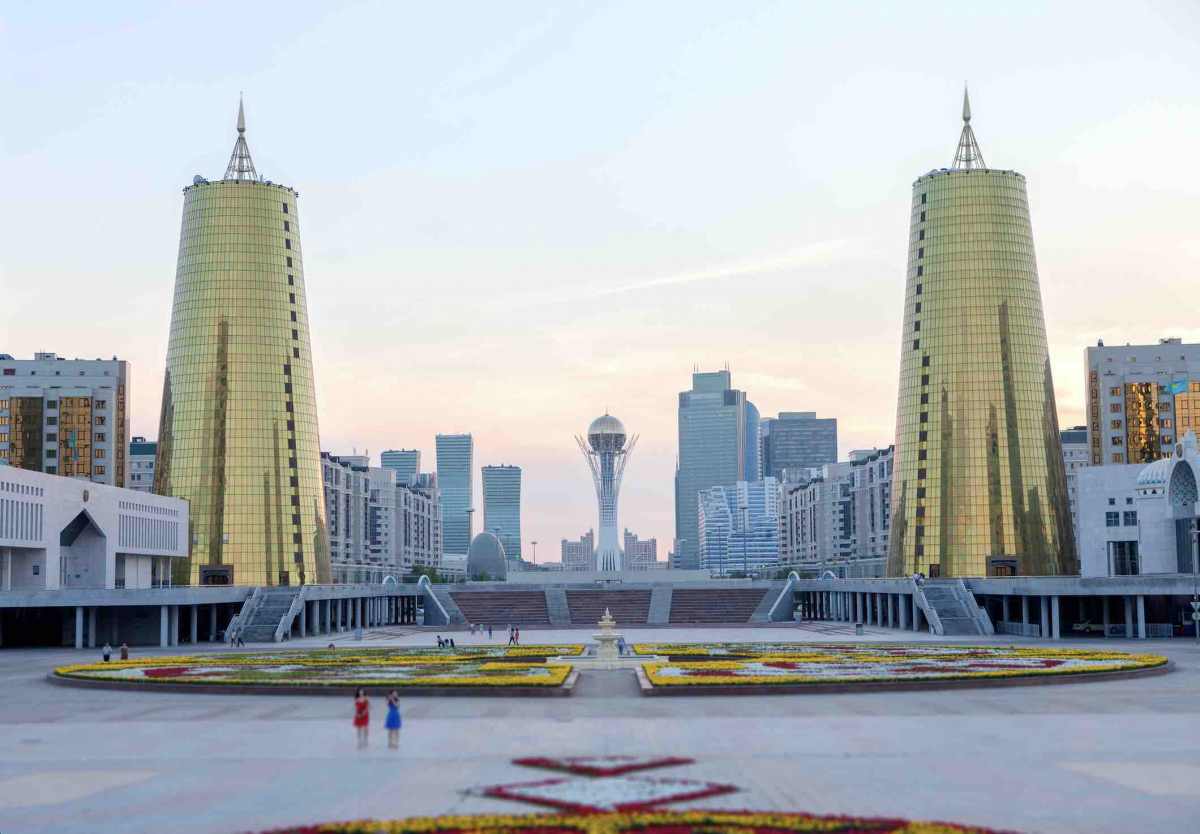Market Research in Kazakhstan
In Central Asia, Kazakhstan stands out by sheer size alone.
It is the largest of the Central Asian states and more than twice the others’ size combined. Kazakhstan is rich in natural resources. It possesses oil, gas, coal, and other mineral deposits (gold, copper, aluminum, and zinc). The country is the world’s largest producer of uranium.
Kazakhstan belongs to the Eurasian Economic Union, and it has financial links with Russia, Belarus, Kyrgyzstan, and Armenia. This economic union is a gateway for foreign companies to a total market of around 200 million. Kazakhstan also joined the World Trade Organization in 2015.
Agriculture is a quickly-growing industry aimed at increasing the competitiveness of local products. Over a third of the country’s citizens depend on agri-business for income. Kazakhstan exports grain to over 70 countries, in the top ten percentile globally. Supplying equipment to support this sector is a considerable opportunity.
A favorable business climate promotes increasing foreign direct investment in Kazakhstan. Political stability and strong investor protection provide many guarantees to cut risk. Located in the middle of Eurasia, Kazakhstan is an excellent prospect. The country has much-unfulfilled potential.
Nur-Sultan City
Nur-Sultan (previously called Astana) is the country’s capital city. Almaty, the former capital, still retains a larger population than Nur-Sultan. While Almaty remains a commercial hub, economic activity is flowing to Nur-Sultan. A massive boost followed the creation of the new Astana International Financial Centre. The government and many large state companies now have headquarters in Nur-Sultan. Many local and international companies have followed the trend. It may soon become Kazakhstan’s principal commercial city.
Designed by Japanese architect Kisho Kurokawa, Nur-Sultan is a modern and futuristic masterpiece. It is function woven in harmony with many cultural icons.
Bayterek is the symbol of Nur-Sultan city. The monument represents the legendary poplar tree. It symbolizes a state that reaches for the future without forgetting its roots.
Another must-see project is the Palace of Peace and Reconciliation, a pyramid that houses artist Brian Clarke’s artwork. The picture of 130 doves symbolizes the 130 nationalities living in Kazakhstan.
Opportunities and Challenges
Kazakhstan is the regional powerhouse of Central Asia. It capitalizes on its unique land-locked geography. It is the main link between China and South Asia markets and those of Russia and Western Europe. This trade gateway presents access to hundreds of millions of consumers. Western China and the Caspian Sea countries have huge market potential. So does Central Asia. Many companies select Kazakhstan as a base for all of Central Asia.
Exports of hydrocarbons and rare earth are the backbones of the Kazakh economy. It must combat its vulnerability in the global oil and gas market. There are investments planned in the power, communications, transport, and agricultural sectors. Kazakhstan has strategic aspirations for a modern, diversified economy, but it requires foreign expertise for its value-added and high-tech components.
Consumer Base
Kazakhstan is Central Asia’s most prosperous economy. The growing Kazakhstani middle class reflects this. Their demand for quality products and brand names increases with their income. Consumers have access to both inexpensive Chinese and Russian goods and Western goods. After-sales customer service can be a strength for growing businesses in the country. Currently, customer service in Kazakhstan is weak.
Kazakhstan has a population of 17.6 million spread over a large landmass. The sparse population poses challenges in transport and distribution, especially for rural communities. Approximately half of the Kazakh population lives in rural areas. Logistics and digital technologies have gained a renewed focus. The country is exploring methods to deliver public services to the countryside. There is also an increase in remote work worldwide. Kazakhstan needs strong telecommunications networks and online trade solutions to support this growth.


